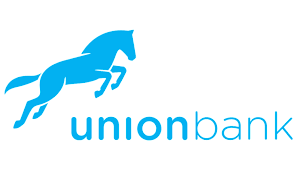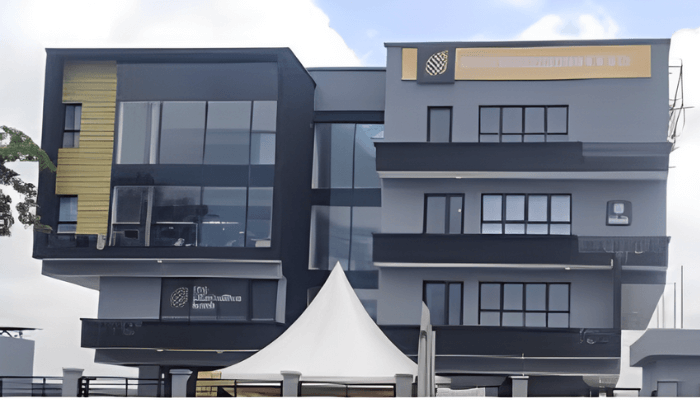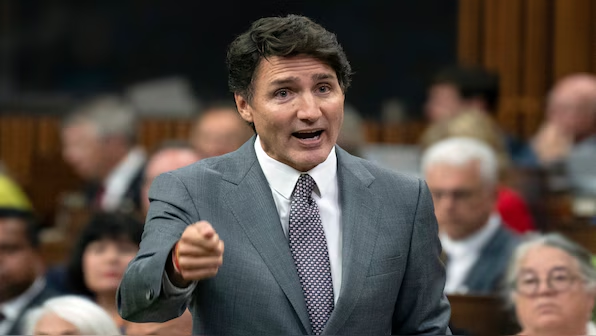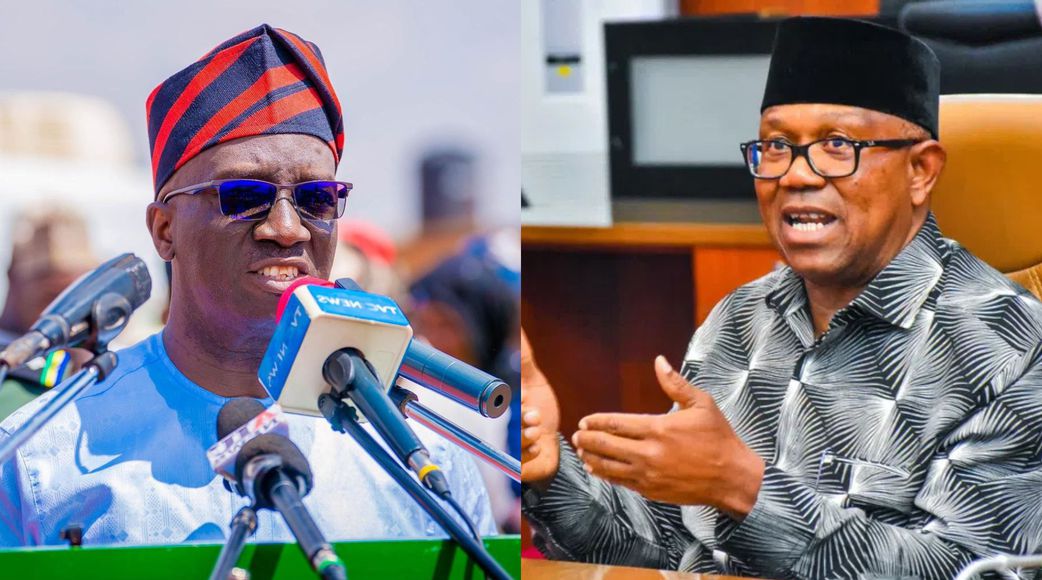Prime Minister Justin Trudeau’s government faced a significant challenge on Tuesday as opposition leader Pierre Poilievre introduced a motion of no confidence in the ruling Liberals. This marks the first major test of Trudeau’s minority government, which has become increasingly vulnerable following the collapse of a coalition agreement with the New Democratic Party (NDP).
A debate on the Conservative motion commenced in the House of Commons, with a vote scheduled for Wednesday. While the motion is considered a long shot, it reflects growing political tensions in Canada.
Poilievre, leader of the Conservative Party, seized the opportunity to criticize Trudeau’s handling of key national issues, accusing him of failing to address the rising cost of living, a housing crisis, and increasing crime, while simultaneously doubling the national debt. “After nine years of Liberal government, the promise of Canada is broken,” Poilievre declared.
In his speech, Poilievre pledged to introduce “a common sense plan” if elected prime minister, vowing to cut carbon taxes, increase housing availability, balance the budget, and tackle crime.
Meanwhile, Trudeau, speaking in New York on “The Late Show with Stephen Colbert” on Monday, acknowledged the struggles Canadians face. “People are hurting,” he said, citing challenges with paying for groceries, rent, and fuel. Despite these hardships, Trudeau vowed to continue fighting for Canadians. At a separate United Nations news conference on Tuesday, Trudeau criticized Poilievre’s stance, saying, “Cutting services and programs that Canadians rely on is not the solution.”
Despite Poilievre’s push for a snap election, the no-confidence motion is not expected to succeed, as smaller political factions, including the Bloc Québécois and the Greens, have signaled their intention to support the government. Nevertheless, Poilievre remains determined, with another opportunity to challenge the government in early October.
Trudeau, who first came to power in 2015, has survived two elections against Poilievre’s predecessors in 2019 and 2021. His government had been expected to remain in power until 2025, following a coalition agreement with the NDP. However, the NDP recently withdrew from the agreement, citing concerns that their alliance with the Liberals was damaging their own popularity.
Polls suggest the Conservatives are currently leading with 43% of voter support, compared to 21% for the Liberals and 19% for the NDP, according to a recent Angus Reid survey.
In Canada’s parliamentary system, a ruling party must maintain the confidence of the House of Commons to remain in power. Currently, the Liberals hold 153 seats, while the Conservatives have 119, the Bloc Québécois 33, and the NDP 25.
Political analysts suggest an election is unlikely before spring 2025, despite the political maneuvering in Parliament.












